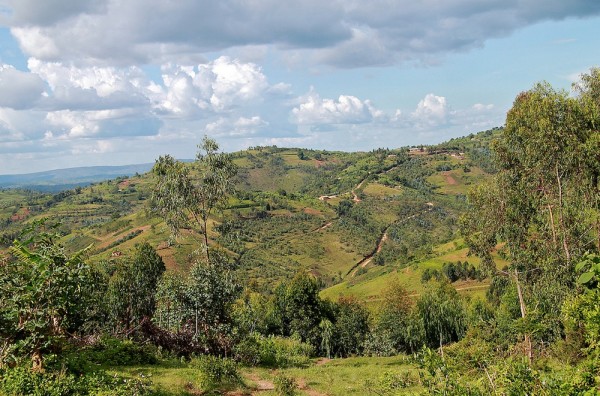Following multiple years of declining exports and revenue, organized coffee growers in Burundi have announced plans to open their own bank to assist smallholder production.
Joseph Ntirabampa, chairman of the Confederation of Coffee Producers Associations (CNAC) recently told Reuters Africa that the micro-bank plan comes as Burundi growers have struggled to secure loans from local commercial banks. A down year in the crop cycle, Burundi’s coffee production dropped some 52 percent last season to 11,000 metric tons, a decline some coffee growers there also attribute to the lasting effects of civil war, market volatility, a lack of fertilizers and climate change.
(related: New Study: Smallholder Farmers Need Better Record-Keeping for Bank Loans)
Arabica coffee remains one of the Southeast African country’s most profitable cash crops, but total output this past year was down approximately 400 percent from production levels in the mid 1990s. Coffee growers recently got word that the sector will receive some additional support from the World Bank, although specific amounts or program terms have not been announced.
(related: How Root Capital May Change the Way We Think About Coffee Supply)
In the Reuters interview, Ntirabampa explained the immediate need for a micro-bank for the coffee sector:
Ntirabampa, whose CNAC organization has 130,000 members, said it had already collected 600 million francs ($389,000), double what the central bank requires to create a micro-financial bank.
“The idea of opening our own bank came due to a serious challenge we face getting loans from local commercial banks,” he said.
“The central bank requires between 200 million and 300 million francs to open a micro-financial institution. We have now 600 million francs in cash, the next step is to ask for registration,” he said. He expects the bank to open in the next few months.
CNAC supports five primary federations (Mfashangufashe, Muco W’Ikawa, Shirimazinda, Nkorerangukize and Bonakure) in multiple Burundi growing regions that share three existing washing stations. The nonprofit organization represents approximately 87 registered cooperatives that affect an estimated 120,000-plus farming families.
Nick Brown
Nick Brown is the editor of Daily Coffee News by Roast Magazine.







Comment